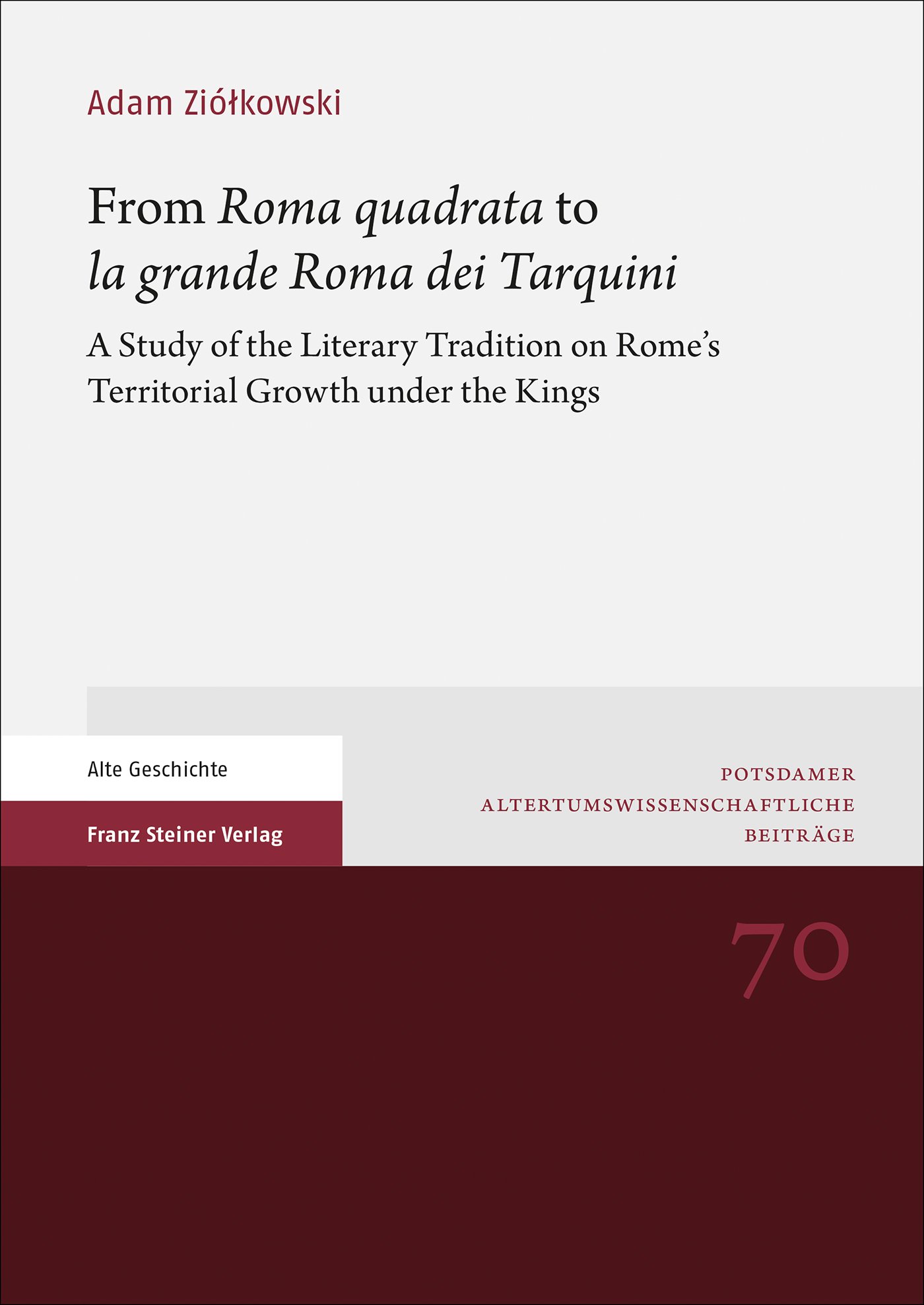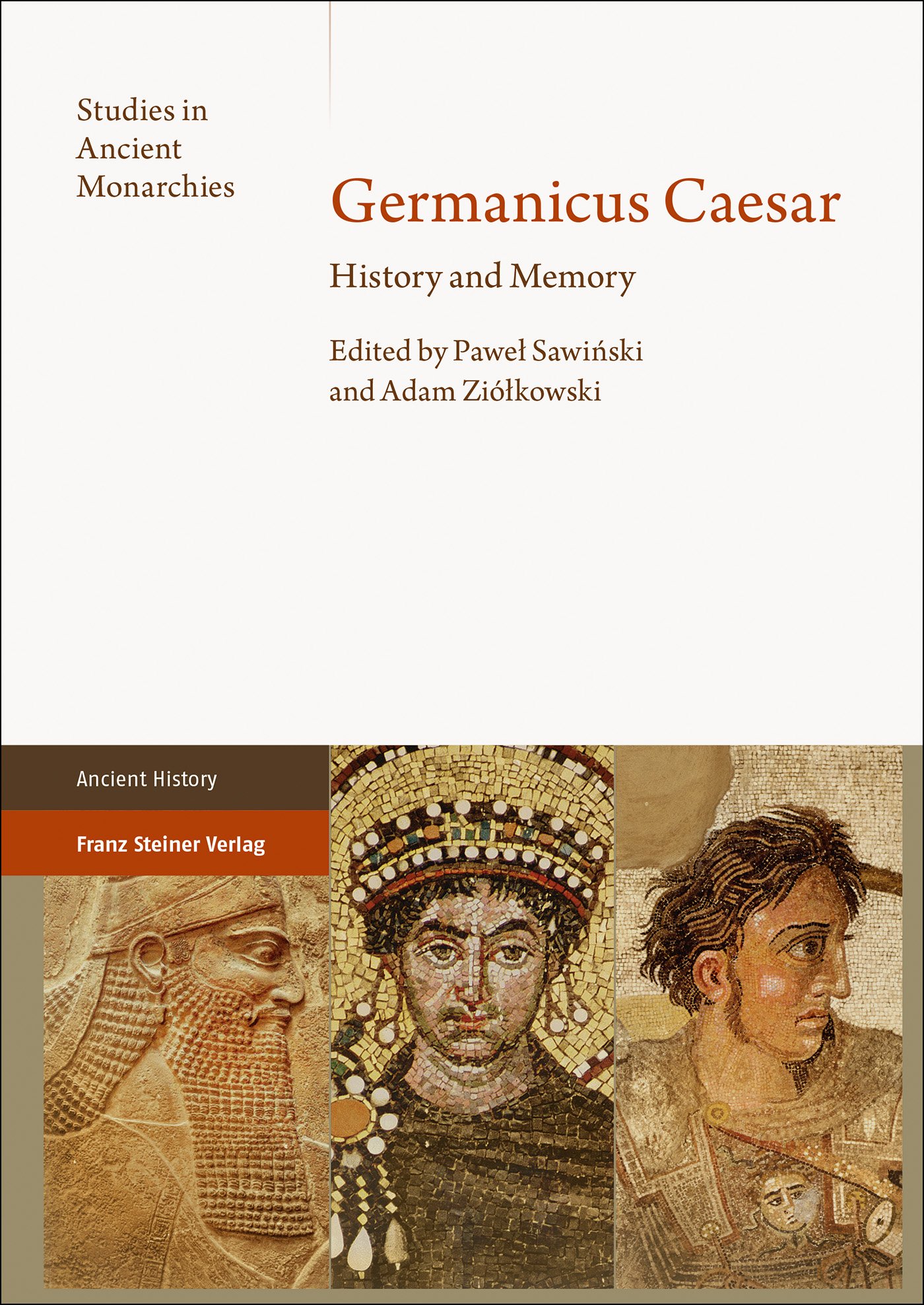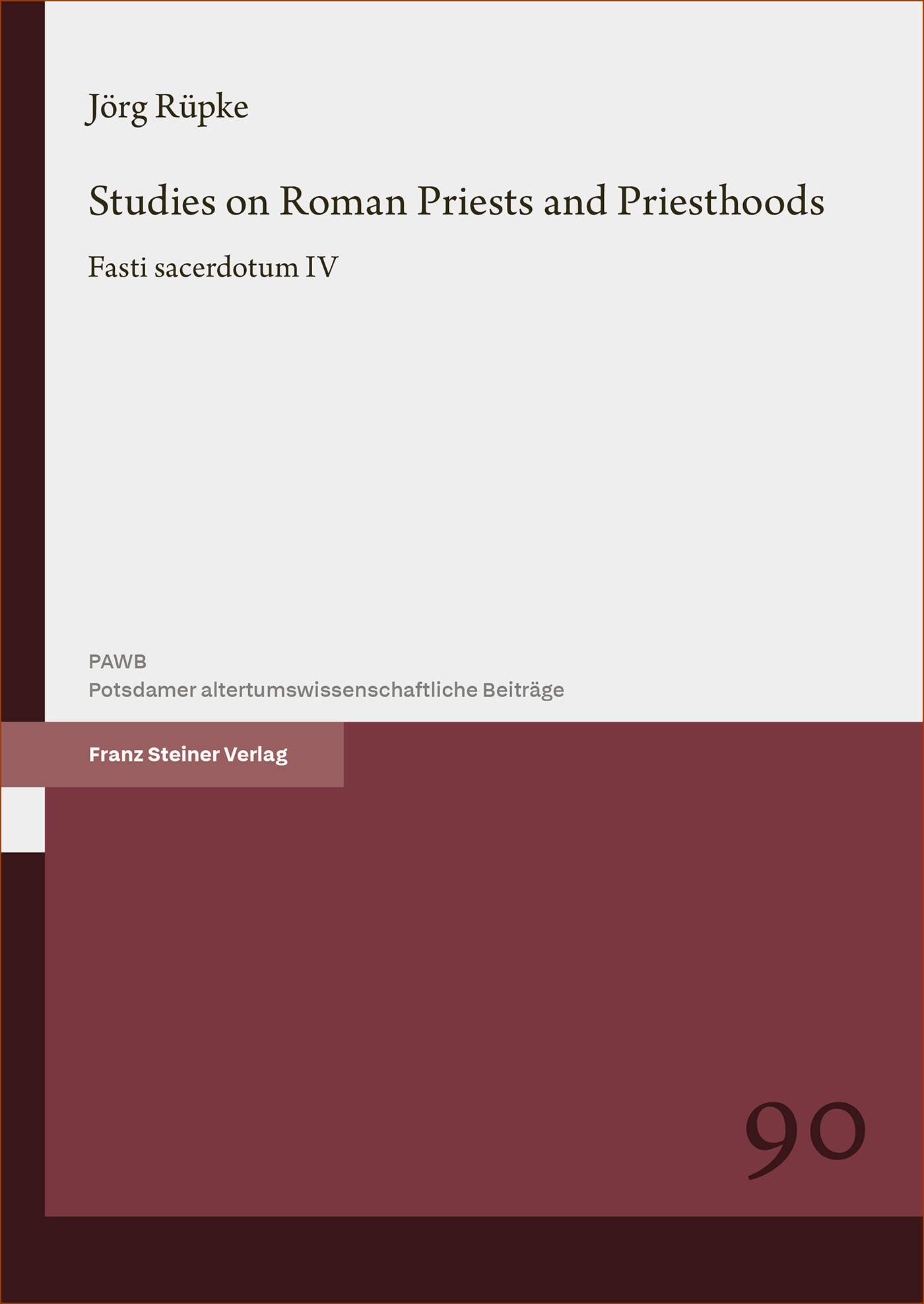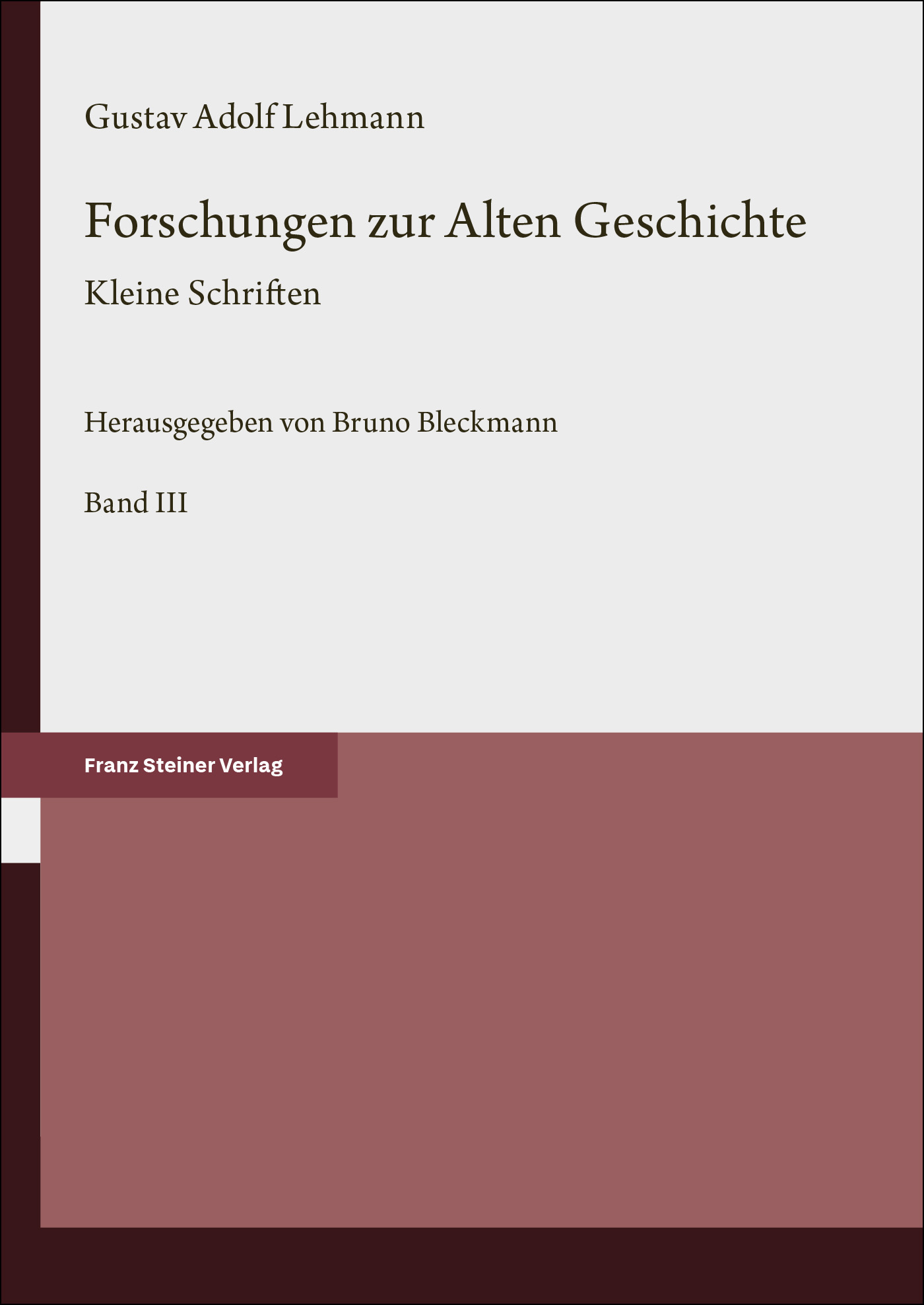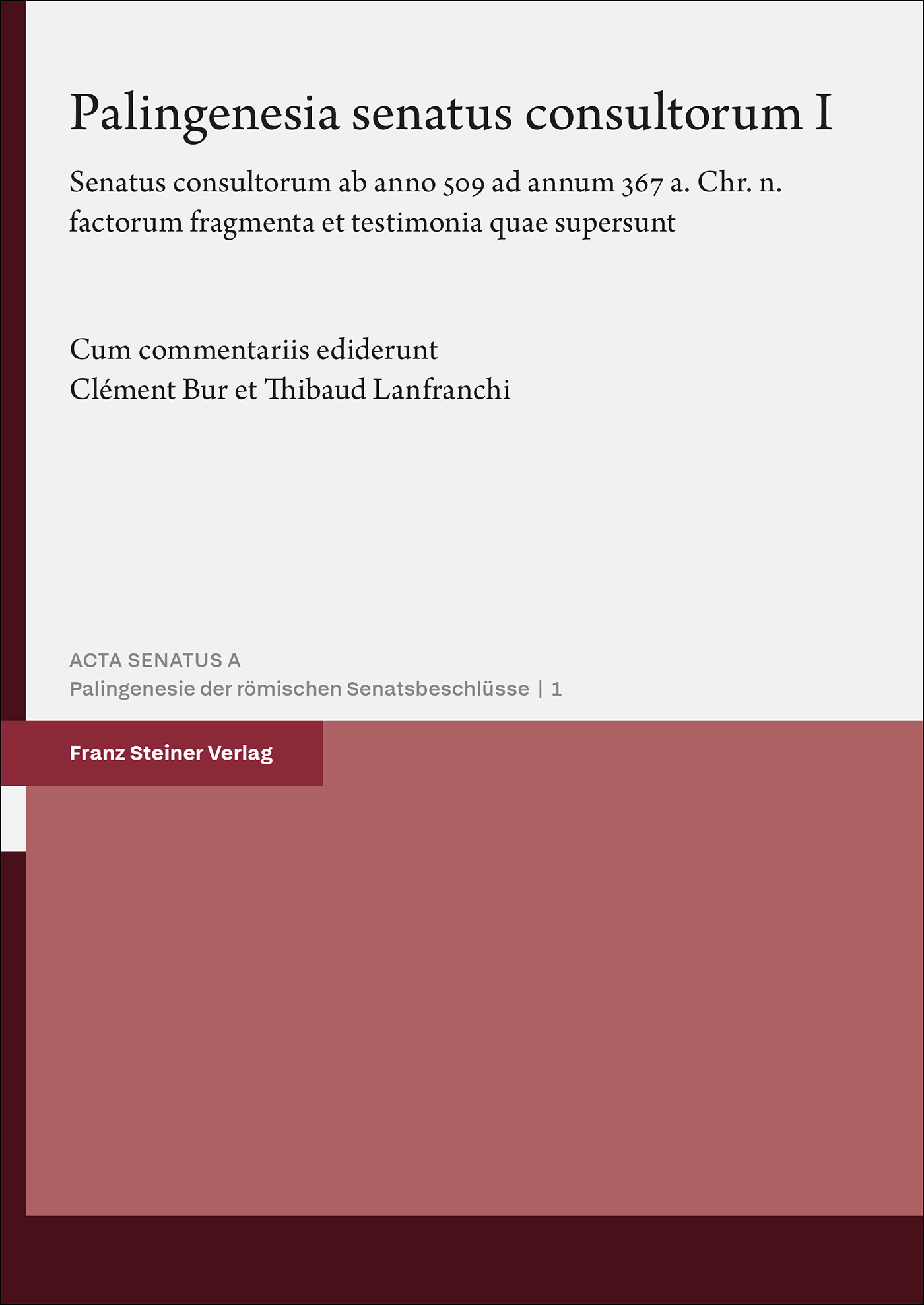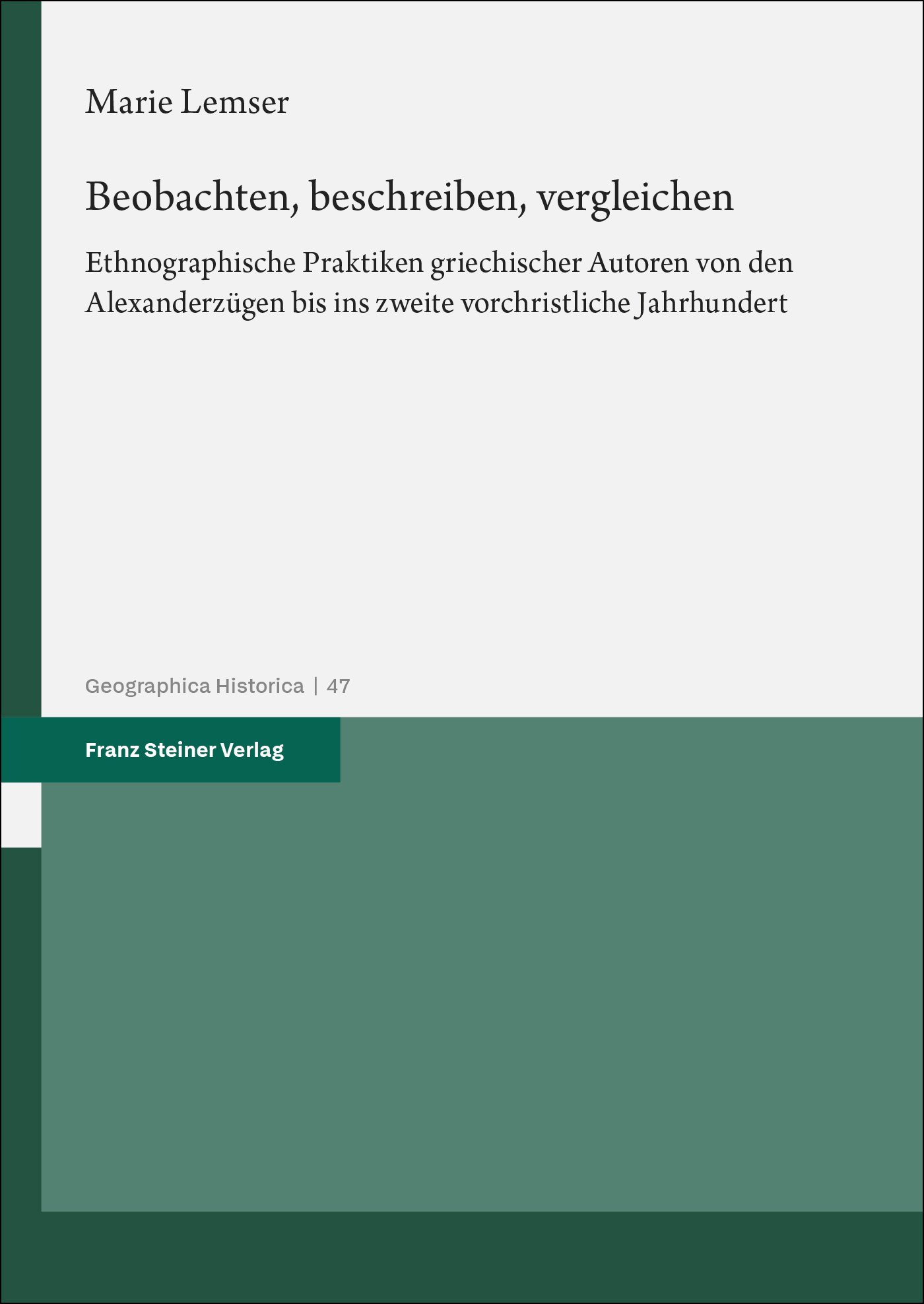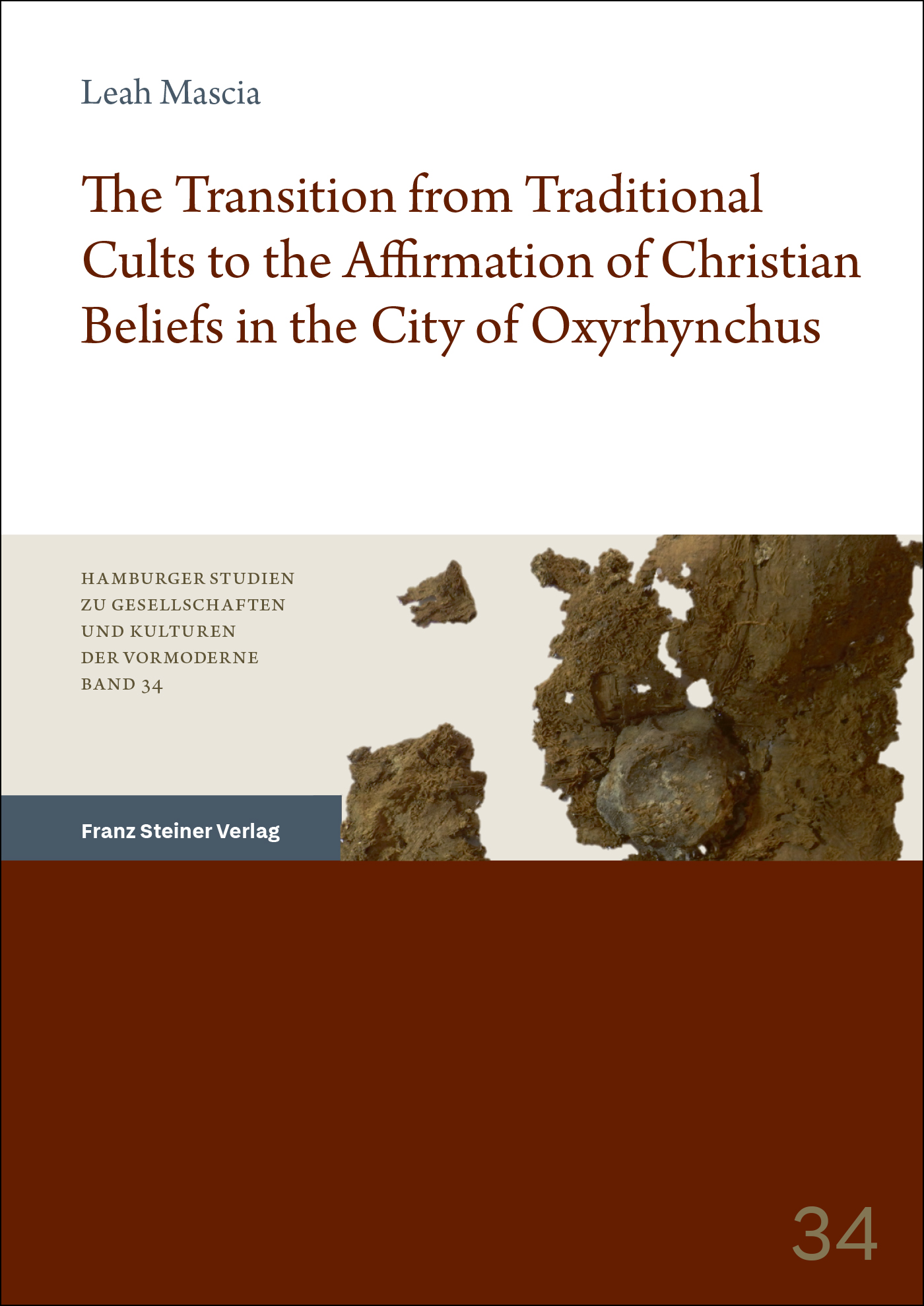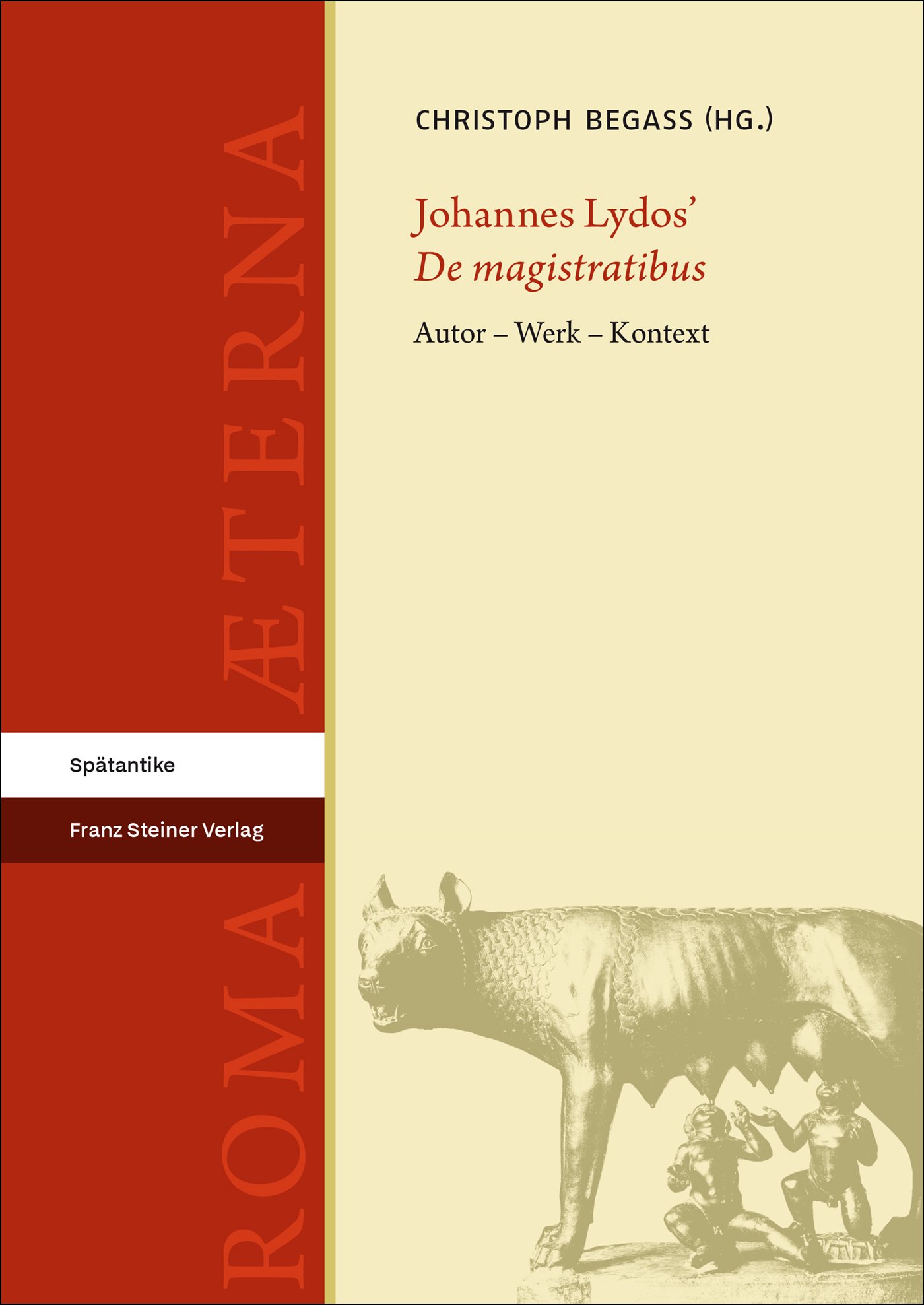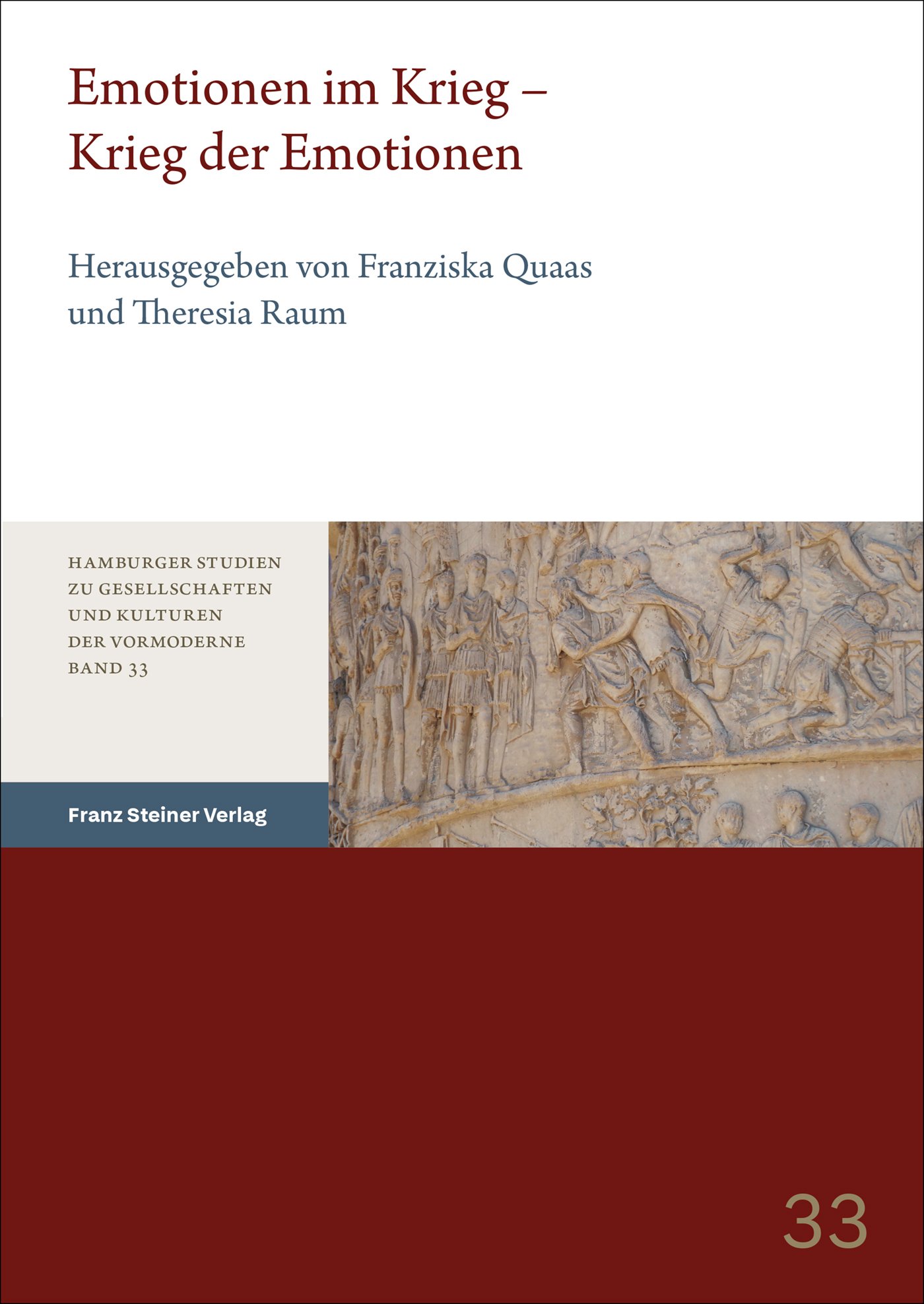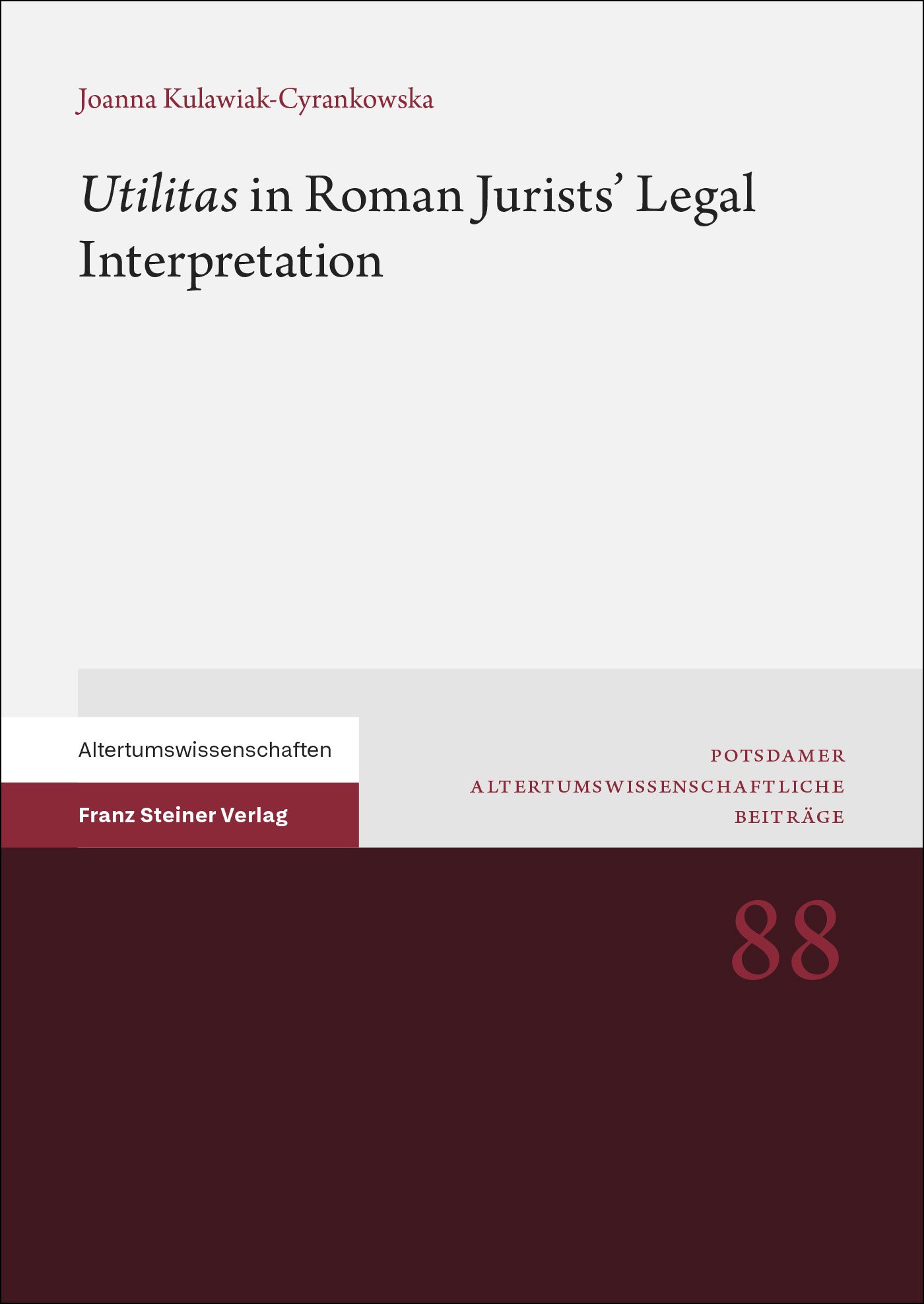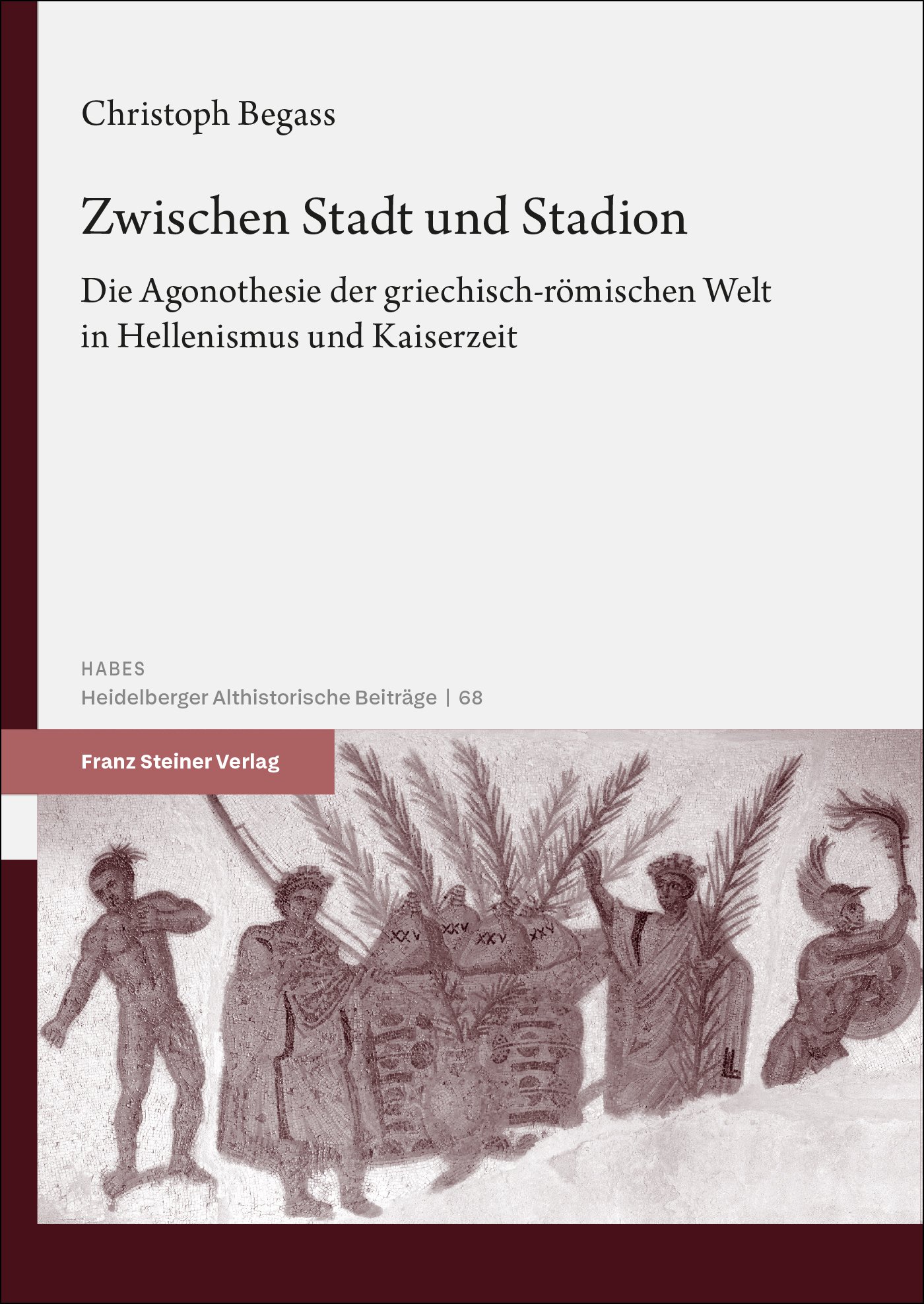From "Roma quadrata" to "la grande Roma dei Tarquini"
From "Roma quadrata" to "la grande Roma dei Tarquini"
[A] thought-provoking counterbalance to the current literature on the subject.
Linda Zollschan, BMCR 2022.04.36
By the end of the regal period (late 6th c. BC) Rome was by far the greatest non-Greek city in Italy. How she attained her enormous size was a problem for the ancients no less than for the moderns. The former agreed on Rome's birth (the first city of the 8th c. BC on the Palatine's 15 hectares) and completion (all the traditional Seven Hills, ca. 400 hectares); everything in-between was a matter of dispute. The latter, while agreeing on the point of arrival, evidenced by the archaic remains of the 'Servian Wall', reject the point of departure and so the whole literary tradition on Rome's growth, pointing out that the Palatine was inhabited much earlier and the Capitol earlier still; another argument is a hypothetical huge (200–300 hectares) 'proto-urban centre' on Rome's site. The aim of this study is to assess the worth of the ancients' certainty that the Palatine was the city's cradle and see if their writings preserved dependable information on her growth; the results – Rome was in fact founded on the Palatine and had one stage of growth between the 'Romulean' birth and the 'Servian-Tarquinian' achievement – pass well the test of confrontation with the archaeological material.
„[A] thought-provoking counterbalance to the current literature on the subject.“
Linda Zollschan, BMCR, 2022
| Reihe | Potsdamer altertumswissenschaftliche Beiträge |
|---|---|
| Band | 70 |
| ISBN | 978-3-515-12451-5 |
| Medientyp | Buch - Kartoniert |
| Auflage | 1. |
| Copyrightjahr | 2019 |
| Verlag | Franz Steiner Verlag |
| Umfang | 352 Seiten |
| Abbildungen | 17 s/w Abb. |
| Format | 17,0 x 24,0 cm |
| Sprache | Englisch |
